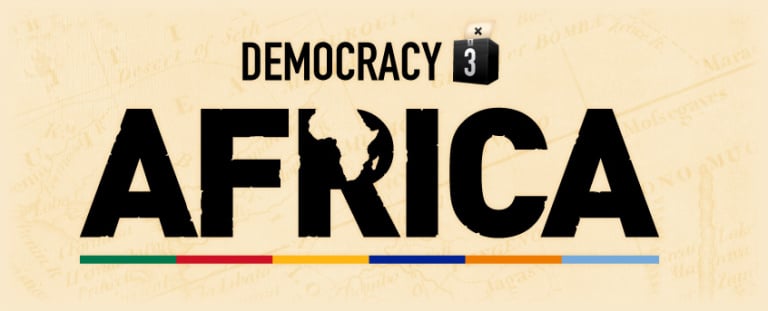

DEMOCRACY 3 AFRICA WIKI FREE
West Africa and East Africa both have mostly partially free regimes. Geography is not quite destiny, but similarly rated countries do tend to form clusters. Kenya and the Ivory Coast, both with gross domestic product (GDP) per capita of around $2,000, are significantly richer than Malawi and the breakaway territory of Somaliland (rated separately from Somalia by Freedom House), each with income per person at around $400. Tanzania and Zambia, for example, have largely avoided the ethnic and religious conflicts that afflict Nigeria and Mozambique.

Yet, a single defining characteristic for these countries is difficult to pin down. This growing trend is driving democratic backsliding on the continent. However, within this category, increasingly populist governments are suppressing opposition groups, postponing elections, eliminating term limits, and abusing human rights to maintain power. But when the country’s Supreme Court upheld incumbent President Nana Akufo-Addo’s victory, Mahama accepted the results, conceding that he was “legally bound by the decisions of the Supreme Court.” Large-scale violence was absent from the electoral process five people, however, were killed in postelection violence.ĭespite the decline, a plurality of countries (twenty-two) are considered “partially free,” in line with the sixteen-year average. In Ghana’s 2020 election, former President John Mahama, running as the opposition candidate, rejected his defeat. They also provide added stability around elections.
DEMOCRACY 3 AFRICA WIKI TRIAL
Strong institutions of government are a common feature, acting as a bulwark against self-interested leaders, such as former South African President Jacob Zuma, who is now on trial for corruption. Others, such as Botswana, enjoy high levels of economic and social development. Of these eight, half are small island states: Cape Verde, Mauritius, Sao Tome and Principe, and Seychelles. In its 2021 report, Freedom House rated only eight countries in sub-Saharan Africa as free. Social Media Temporal: Gradual Gains for Authoritarians Where democracy stands in Africa today has myriad influences, including the legacy of colonialism and the emergence of the digital age. Also significant has been the role of the police and the army, often vestiges of colonialism, which have been a cause and consequence of power systems favoring a coterie of elites. The persistence of religious and ethnic rivalries has been underestimated by African democrats and their friends abroad. For much of the continent, the foundations of a political culture necessary to sustain liberal democracy have been weak for most of the postcolonial era (roughly six decades for most African states). However, foreign as well as domestic expectations for liberal democracy in Africa have often been unrealistic, and Africa’s setbacks are not surprising. By 2009, two-thirds were considered “free” or “partly free.” Initial progress was remarkable: In 1989, two-thirds of African states were “not free,” as measured by Freedom House. When the “ third wave” of democratization swept across much of Africa in the wake of the Cold War, hopes were high that Africans would begin to enjoy the freedoms afforded to citizens living in the former colonial powers. Addressing these issues will require grappling with long-standing grievances left untreated and often exacerbated by the poor, sometimes brutal governance that is all too common across the African continent. Taken together, these forces also drive internal displacement and outward migration-both to other African countries and to Europe. Such turmoil will grow as elites compete for power and citizens resist oppressive regimes, and will, in turn, inhibit social and economic development, to the disadvantage of the continent’s rapidly growing population. Political instability can manifest itself in severe episodes of violence, as is already being seen in Ethiopia, Mozambique, and Nigeria. The enforcement of pandemic restrictions by security services has often been brutal, provoking demonstrations in Kenya and even in more advanced democracies such as South Africa.Īs governments across the continent become, with some exceptions, more authoritarian, Africans will be increasingly alienated from those claiming to represent them. But COVID-19 has given them greater leverage, providing further pretext for postponing elections in Somalia and Ethiopia, muzzling opposition figures in Uganda and Tanzania, and imposing restrictions on media across the continent. Anti-Racism ProtestersĮven before the pandemic, an increasing number of African heads of state had moved to undermine term limits or rig elections to remain in power.


 0 kommentar(er)
0 kommentar(er)
